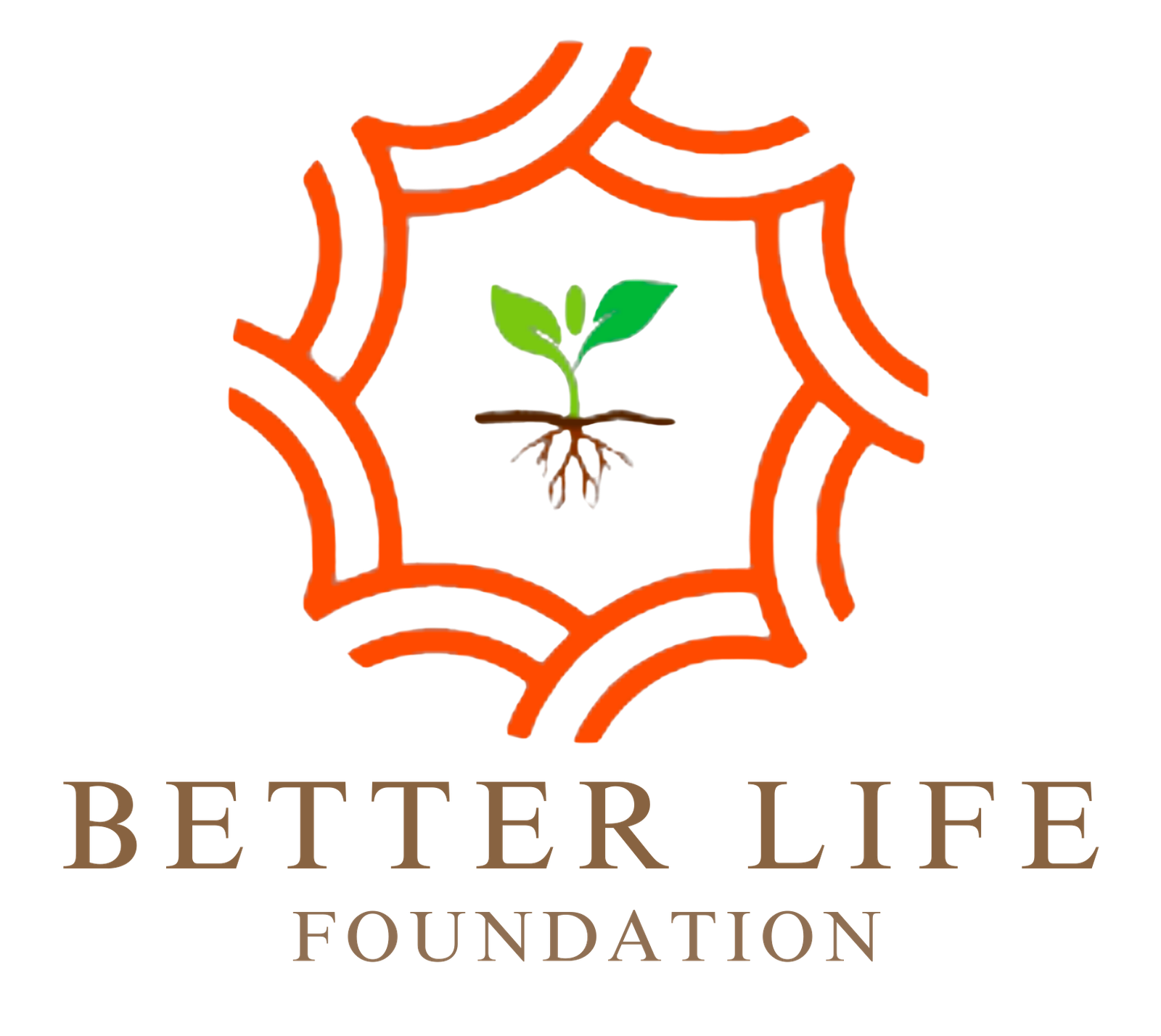The Better Life Foundation (BLF) in partnership with NABARD has been implementing the TDF programs to promote sustainable, settled farming in the remote tribal districts of Tuensang and Kiphire.
Key Focus Areas:
- Wadi Model: Supporting the transition from jhum (slash-and-burn) cultivation to permanent horticulture, establishing orchards with high-value crops.
- Providing alternative income sources for marginal families through shiitake mushroom cultivation, beekeeping, and intercropping.
- Training farmers in orchard management, soil conservation, and sustainable farming practices.
- Strengthening self-help groups and encouraging local entrepreneurship for long-term self-reliance.
Since January 2019, the Better Life Foundation (BLF), in partnership with National Bank for Agriculture and Rural Development (NABARD) has been implementing the Tribal Development Fund (TDF) program in the remote tribal districts of Tuensang and Kiphire in Nagaland. This initiative has positively impacted over 1,200 marginal families, steering them towards sustainable and settled farming practices.
This program is based on the Wadi model, a holistic approach that encourages tribal farmers to transition from traditional jhum (slash-and-burn) cultivation to permanent horticulture. Under this model, small orchards are established with high-value crops such as apples, kiwi, pear, tamarillo, lemongrass, and kholar (beans). This not only ensures food security but also provides a steady source of income for the families involved.
To further enhance the livelihoods of these communities, the program introduces diverse income-generating activities such as mushroom cultivation, beekeeping and intercropping. After leveraging the favourable climatic conditions of the region, tribal families are trained in cultivating shiitake mushrooms. This venture requires minimal investment and offers substantial returns, making it an attractive option for supplementary income. Apiculture is promoted as a sustainable practice that not only provides honey, a valuable product for consumption and sale, but also plays a crucial role in pollination, thereby enhancing crop yields. By integrating various crops within the orchards, farmers can maximize land use efficiency, improve soil health, and ensure a diverse harvest throughout the year.
Recognizing the importance of knowledge in sustainable farming, the program offers comprehensive training sessions for farmers. These sessions cover Orchard management, where they are taught of the best practices in planting, pruning, and harvesting to ensure healthy and productive orchards; Soil conservation techniques to prevent soil erosion and maintain fertility, which is crucial for long-term agricultural success; and Sustainable farming practices by placing emphasis on organic farming, water conservation, and environmentally friendly methods to ensure the well-being of both the community and the ecosystem.
The program also places a strong emphasis on community empowerment by forming Self-Help Groups (SHGs), fostering a sense of collective responsibility, enabling members to pool resources, share knowledge, and support each other. It also encourages local entrepreneurship by providing training and resources. The program nurtures entrepreneurial spirit among the tribal population, leading to the establishment of small businesses and enterprises that cater to local needs.
The collaboration between BLF and NABARD through the TDF program is a successful model of sustainable development. As the program continues to evolve, it serves as a blueprint for similar initiatives aiming to uplift marginalized communities through sustainable and inclusive development.
